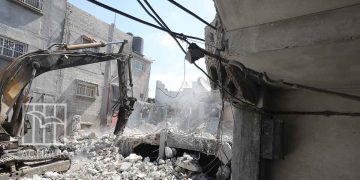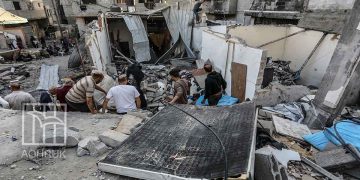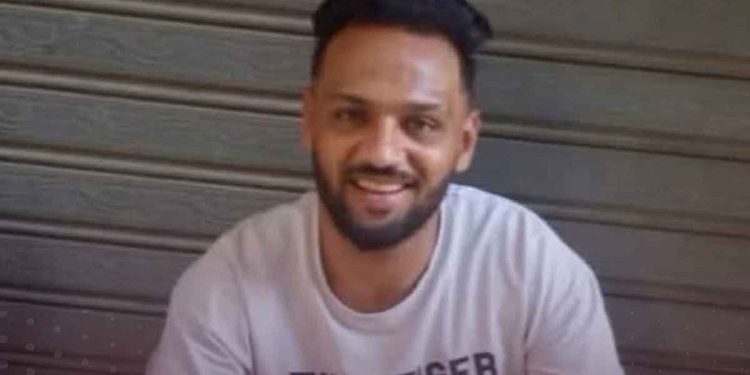Mahmoud Asaad, a 26-year-old Egyptian man, died in custody at Khalifa Police Station in Cairo just days after his arrest, in a case that has reignited long-standing allegations of torture and ill-treatment by Egyptian security forces in places of detention.
According to a statement by the Ministry of Interior, Asaad was being held in pretrial detention on drug-related charges and allegedly died following an altercation with other detainees, after which he was transferred to a hospital and later pronounced dead. However, his mother’s account paints a very different picture, pointing to severe abuse in custody that ultimately led to his death under torture.
Asaad’s mother stated that he was arbitrarily arrested on the seventh day of Ramadan while walking with her and taken to the police station where a fabricated case was filed against him. She said he was denied food and family visits since the previous Thursday, allegedly due to involvement in a fight inside the detention facility.
She further explained that her son had been placed in solitary confinement as a disciplinary measure and that the family had been told he was due to appear before the prosecution. However, the station denied receiving any order for his transfer. When the family was later informed that he wanted to see them, they arrived only to be told that he had died.
Initially, authorities denied his death, then later confirmed it, urging the family to collect his body for burial under the pretext of “honouring the dead.” The family refused and demanded an autopsy. Relatives who saw his body reported visible signs of torture.
This incident is the latest in a pattern of similar deaths reported in Khalifa Police Station and other detention facilities across the country. Numerous testimonies have emerged alleging mistreatment of detainees, including prolonged solitary confinement, denial of basic needs, and the use of physical violence as intimidation or punishment. Reports also suggest that both detainees and their families are routinely threatened to prevent them from speaking out.
Over recent years, human rights organisations have documented dozens of deaths in Egyptian prisons and police stations, often under inhumane conditions. The persistent lack of independent oversight and the authorities’ refusal to allow unannounced inspections by human rights bodies continue to raise serious concerns regarding accountability and the systemic nature of custodial abuse in Egypt.


























